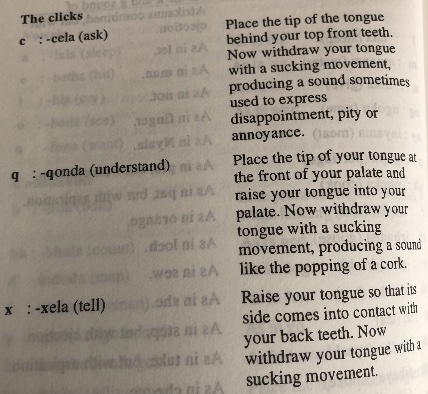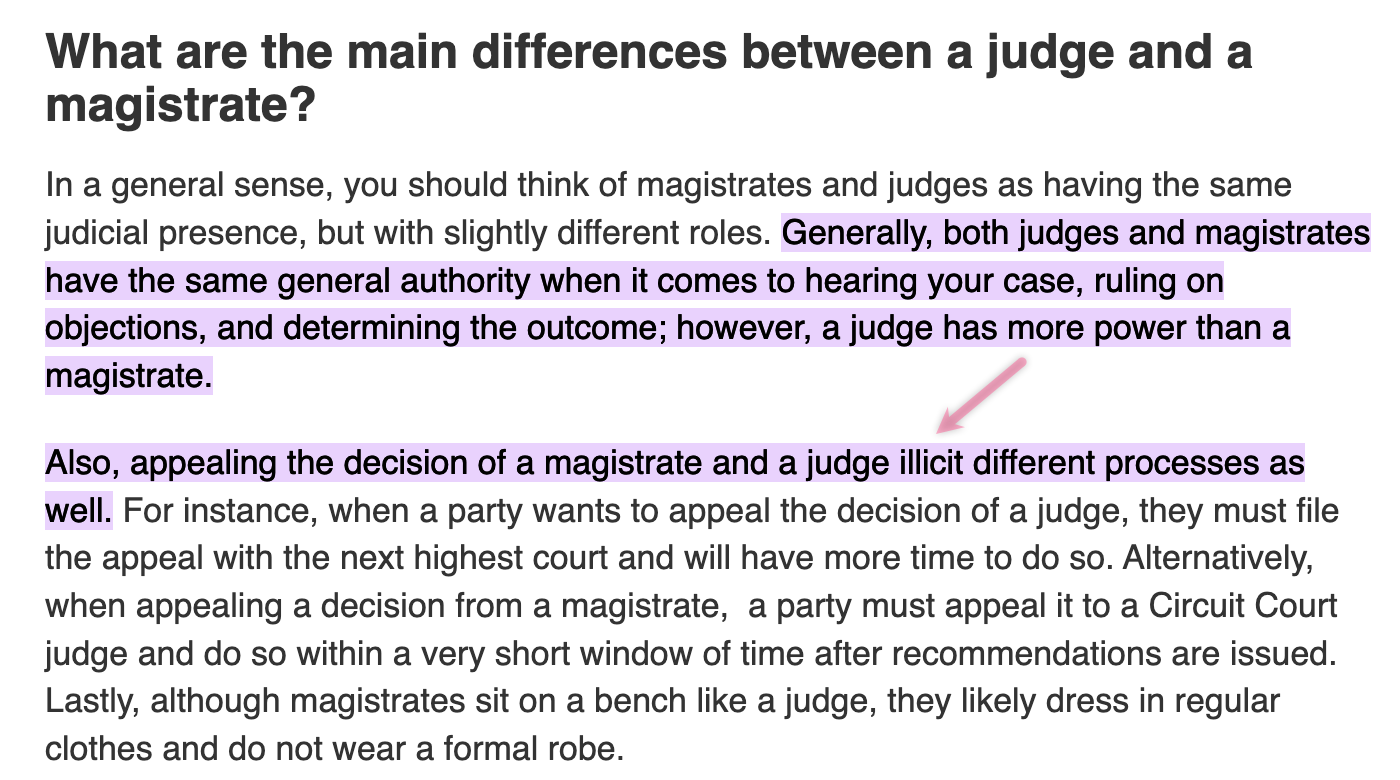Xhosa clicks
[This is a guest post by Don Keyser, retired Foreign Service Officer, in response to "Complex vowels" (8/11/22).]
The mouseover title to the xkcd cartoon in the "Complex vowels" post: "Pronouncing [ṡṡċċḣḣẇẇȧȧ] is easy; you just say it like the 'x' in 'fire'."
This one took me on a ramble down memory lane. I spent the first three months of 1998 leading an inspection of our South African posts — South Africa (Embassy Pretoria, Consulates in Johannesburg, Durban and Capetown); Swaziland; and Lesotho. Majority government — i.e., black-ruled, under President Mandela — had come to South Africa. TV programming featured white hosts speaking Zulu or Xhosa, black hosts speaking English and Afrikaans. In the spirit of the new era. Multilingual signage was seen in the major cities. And so I ventured into a local book store to acquire guides to speaking isiZulu and isiXhosa.
Xhosa is a tonal language (high and low, basically) best known for its "click consonants" — a language introduced to Americans by Miriam Makeba in her "Click Song (Qongqothwane)."
So … perusing the short tourist-type guide to Xhosa* that I bought, I found this delightful "explanation":

Read the rest of this entry »


